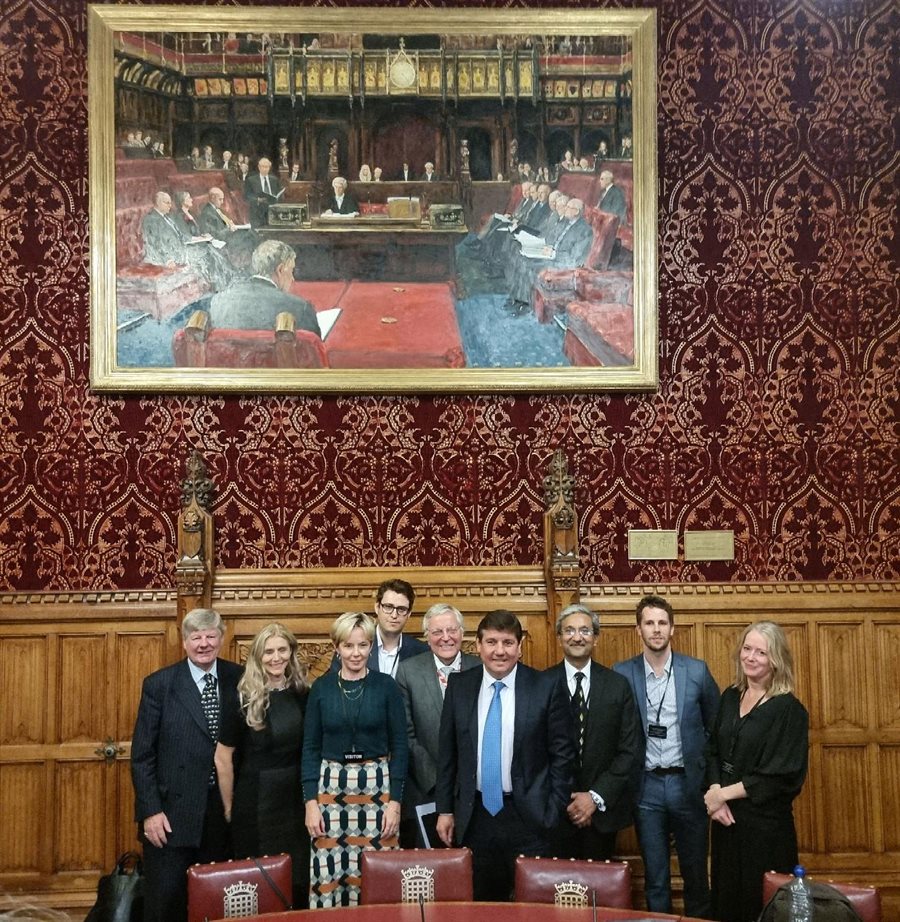“According to the ONS, the number of payrolled employees in August 2022 was at a record high of 29.7 million and unemployment at an all-time low. But this tells us very little about the quality of the jobs and masks the precarious work environment that people find themselves” – claimed Professor Ashley Braganza (Director, Centre for Artificial Intelligence, Brunel University London) during the All-Party Parliamentary Groups (APPG) Evidence Meeting: Precarious work & The digital Economy: Next Phase of a News Work Paradigm.
Professor Braganza indicated, that labour data shows the numbers of people with second jobs[1] has been increasing, regular real weekly earnings[2] have been falling for the past year, and when we look across different demographics – young people 16-24 form the largest proportion of workers on zero-hour contracts. According to a recent TUC study there are 4.4 million working for gig economy platforms. The jobs being done includes the obvious ones such as taxi drivers and food delivery but also white-collar, freelance, office work and the self-employed.
AI and precarious employment
Professor Braganza also answered the question of how is AI impacting the digital economy and the future for workers and the technology? He claimed that, studies of the digital economy point to platform work growing. Platform businesses enable organisations to take Taylorist and Fordist principles of organising work much further. Work can be decomposed and monitored in minute detail, micro-decisions programmed into algorithms with activitites, task, and roles transferred from humans to machines. Permanent jobs are being turned into precarious jobs. Professor Braganza and his colleagues in a paper they published refer to this phenomenon as the gigificiation of work.
What this means to people is that no longer control the hours they work which increases income volitility, paying regular bills can be challenging, sources of inequality can be exacerbated, and certain groups such as women, who form the majority of low paid workers and migrants are likely to be disproportionally affected. Algorithm management tilts the balance of power away from workers to platforms, that have their own rules, operating practices and service levels are opaque.
What can policy makers do?
Professor Braganza emphasised two immediate actions and some longer-term considerations. One, immediate action is that we need a standard definition of platforms, gig work and gig workers so that meaningful statistics can be collected by the ONS. Without this, policy makers are batting in the dark.
Two, organisations and the financial services sector need change their operating practices. Credit ratings, lending decisions, mortgage and other payments are premised on people paying their bills on a monthly basis from a steady, predictable income they receive from their employer. Precarious work undermines this premise. Without changes that allow for income smoothing and guaranteed working hours, large swathes of the most vulnerable members of society will be penalise financially.
In the medium term, policy makers need to disentangle and address the complexities and heterogeneities of gig workers and platform businesses as these seem to be central to the future work paradigm. Governments need to ensure regulations provide a framework for the triangular relationship between platform workers, platform customers and platforms to thrive. This means fairness, equality, inclusivity, high ethical standards and transparency must be at the heart of the regulatory framework.
“We are at a crossroads – organisations can continue to grow the quantity of jobs – policy makers need to ensure that regulations enhance the quality of future work and the jobs being created.” – summarised Professor Braganza.
Other experts that took part in the panel were Gita Shivarattan (EY UK), Anna Thomas (Institute for the Future of Work), Cori Crider (Foxglove), Neil Ross (TechUK), as well as Dr Lefteris Kretsos (Brunel University London), Professor Shireen Kanji Brunel University London) and Dr Weifeng Chen Brunel University London). The session took place on Monday, the 17th October 2022.

Reported by
Dr Eliza Kania (Journal Manager and Research Communications Officer)
eliza.kania@brunel.ac.uk